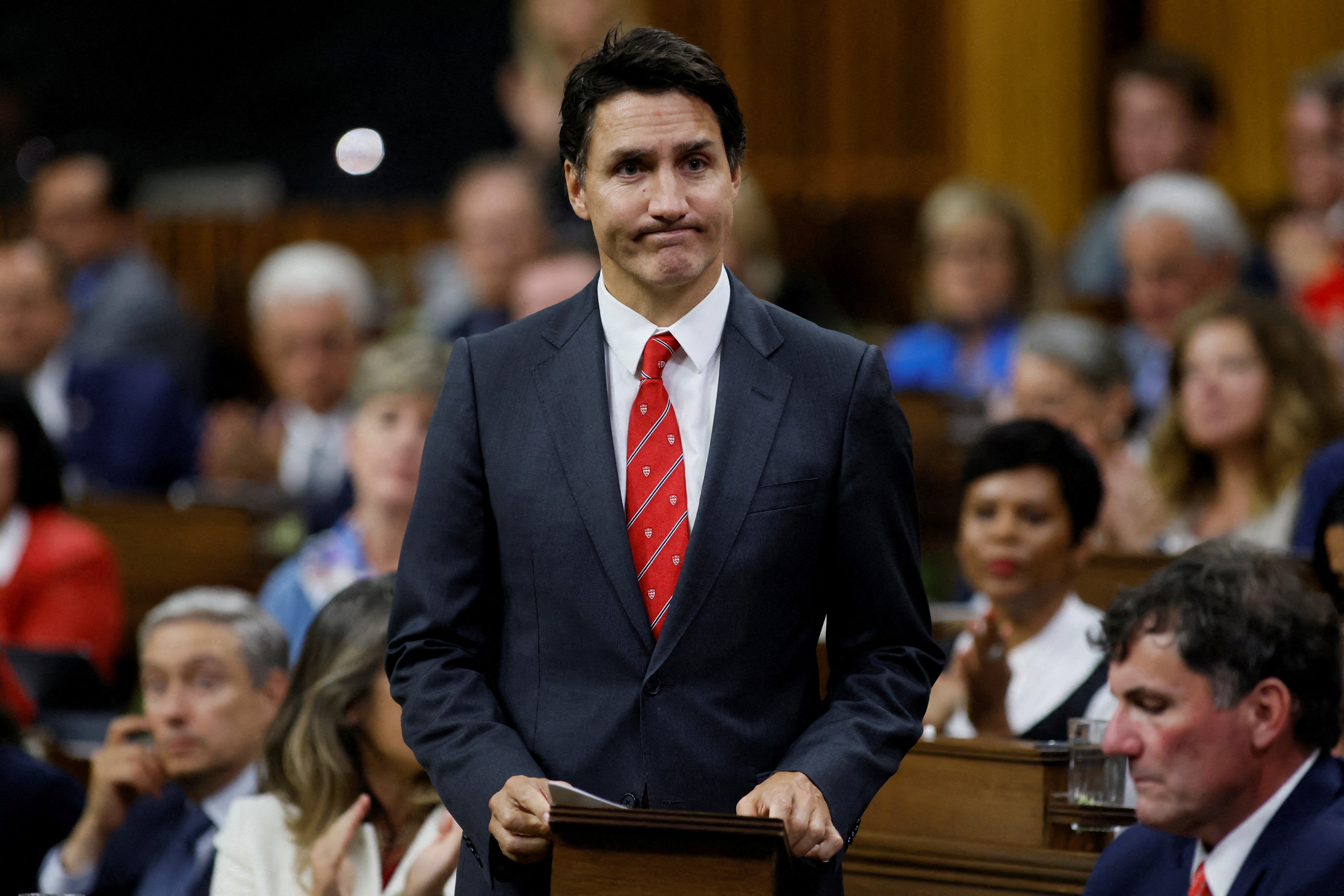Following Canadian Prime Minister Justin Trudeau’s allegation on Monday that the Indian government assassinated Sikh independence activist Hardeep Singh Nijjar on Canadian soil, the two countries each expelled one of the other’s diplomats.
Ottawa booted an official that it said was heading India’s intelligence operations in Canada, while New Delhi announced it would send home a senior Canadian envoy as well.
India denies any role in the killing of Nijjar, who was gunned down in June, and the foreign ministry objected to what it said was the “interference of Canadian diplomats in our internal matters and their involvement in anti-India activities.” New Delhi believes Nijjar was involved in terrorist attacks carried out by Sikh separatists in India.
Meanwhile, the White House has been circumspect. The Biden Administration said it was “deeply concerned” and that it is “critical” that Nijjar’s killers be brought to justice — but refrained from directly commenting on India’s alleged involvement.
Trudeau’s allegations, of course, put Washington in an awkward position – caught between supporting an extremely close and longstanding ally, or potentially embarrassing India amid major US efforts to make inroads with New Delhi.
(For a deeper dive into the geopolitics behind the Nijjar assassination, read the forthcoming edition of GZERO North)
